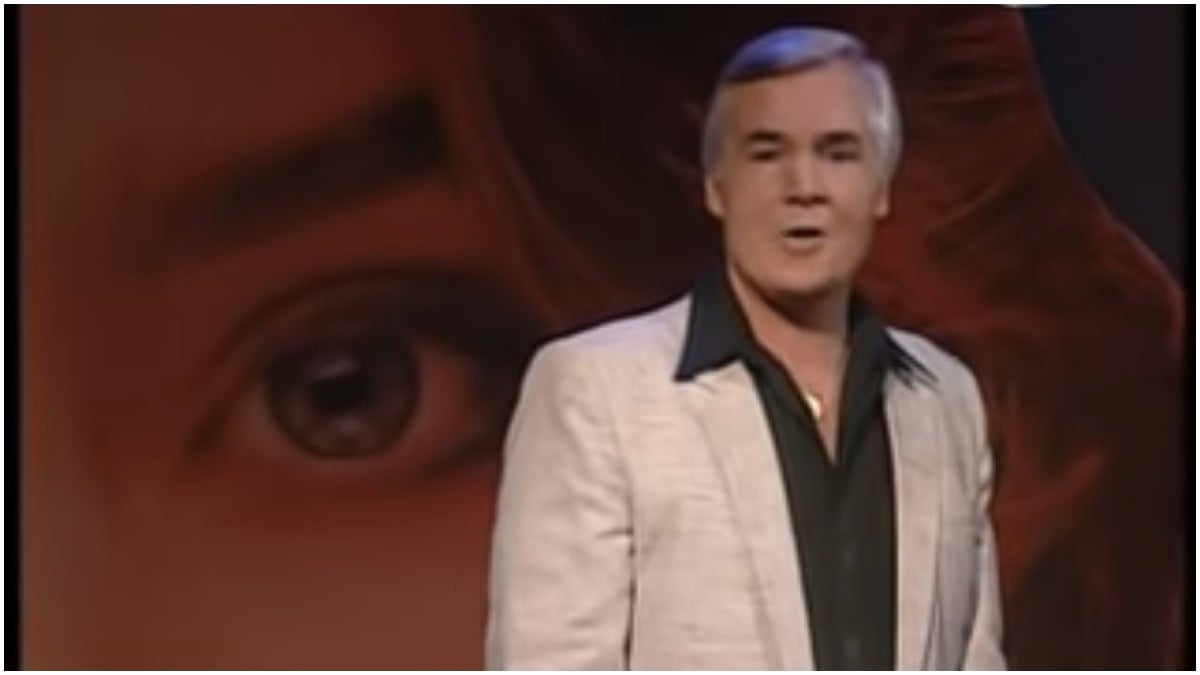
Ricky Valance passed away over the weekend after a long battle with dementia. He was 84.
His death has caused many fans to remember his musical career and that included his most controversial hit, Tell Laura I Love Her, a cover version of the Ray Peterson song.
It ended up banned by the BBC after being embroiled in controversy — and here’s why.
What was ‘Tell Laura I Love Her’ banned?
The song was controversial from the start.
When Ray Peterson recorded the song, he wasn’t able to get it released. Decca Records actually called it “tasteless and vulgar” and destroyed 25,000 copies that had already been pressed.
This led to Valance releasing his cover version of the song in the same year — 1960.
The song told the story of a teenage boy who was in love with his girl and wanted to propose to her. He needed money for a wedding ring and decided to sign up for a stock car race, hoping to win and buy her the ring.
Before leaving, he told her mother to let Laura know he loved her and he will be late, but there is something he needed to do that couldn’t wait.
Sadly, he died in the stock car race in a wreck, where his car overturned in flames.
Then came with his final words:
Tell Laura I love her, tell Laura I need her
Tell Laura not to cry
My love for her will never die
The song then ended with Laura praying in the chapel for her lost love where she could still hear him cry.
The BBC condemned the song and banned it. While some thought it was due to suicide concerns, the truth is that there were other fears.
The BBC believed that “a series of fatal road accidents” showed them that copycat activity was to blame and they wanted to protect the youth of the day.
The ban had the opposite effect, as it pushed Tell Laura I Love Her to number one on the U.K. charts for three weeks.
Other songs banned by the BBC
It wasn’t unusual in the past for the BBC to ban songs, and they have done for various reasons.
The iconic song by The Who, My Generation, was stopped from being aired due to it possibly being offensive to stutterers. Despite this, it sold over 300,000 copies.
When David Bowie released his hit song Space Oddity, the BBC banned it because of the Apollo 11 mission, and they didn’t want to distress society until the shuttle returned to earth safely.
The BBC even banned The Earthlings’ eccentric Doctor Who-based song Landing of the Daleks because it included Morse code.
Finally, the Halloween hit Monster Mash by Bobby “Boris” Pickett was banned because it was “too morbid” for the “graveyard smash” lyrics.